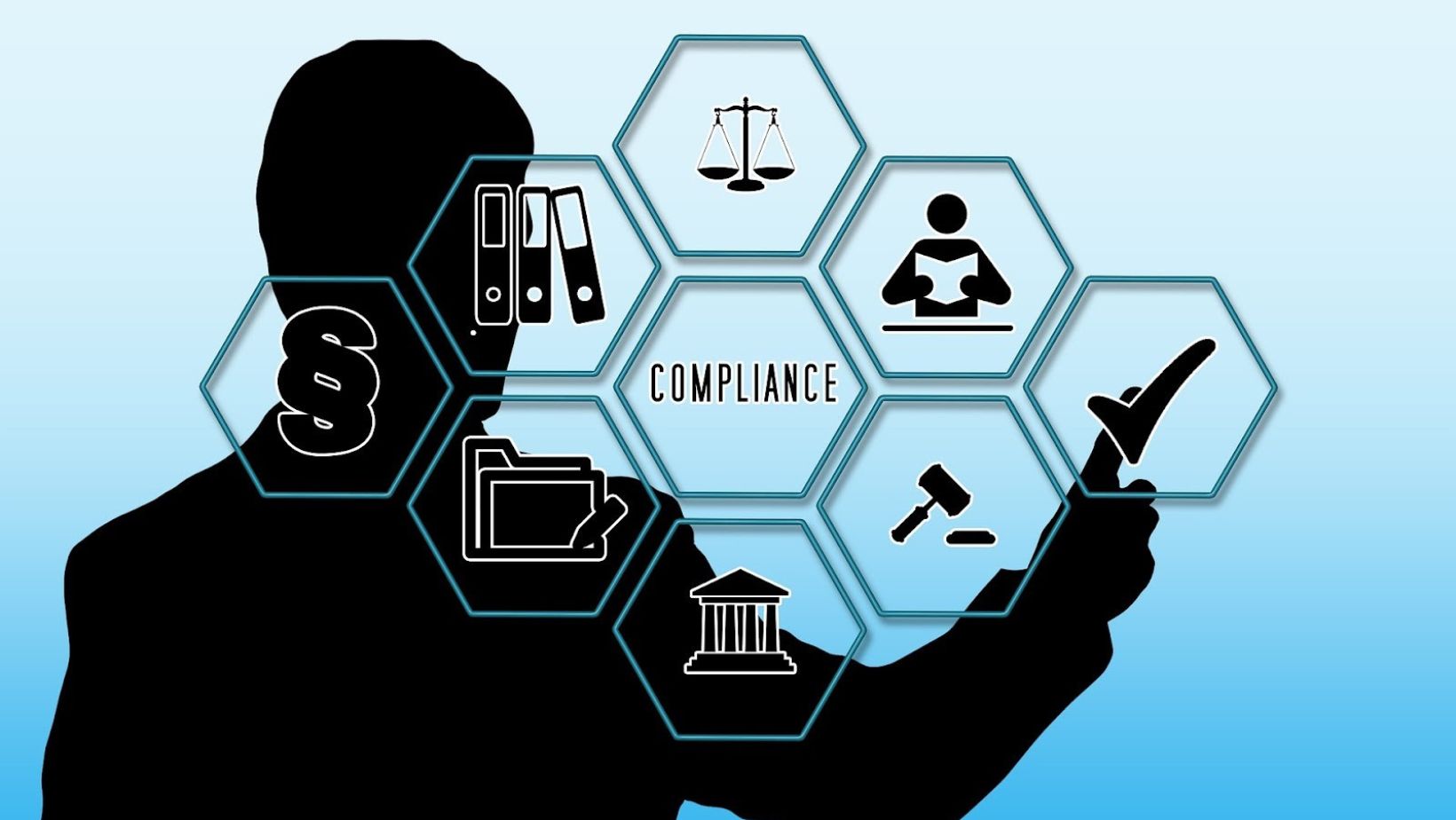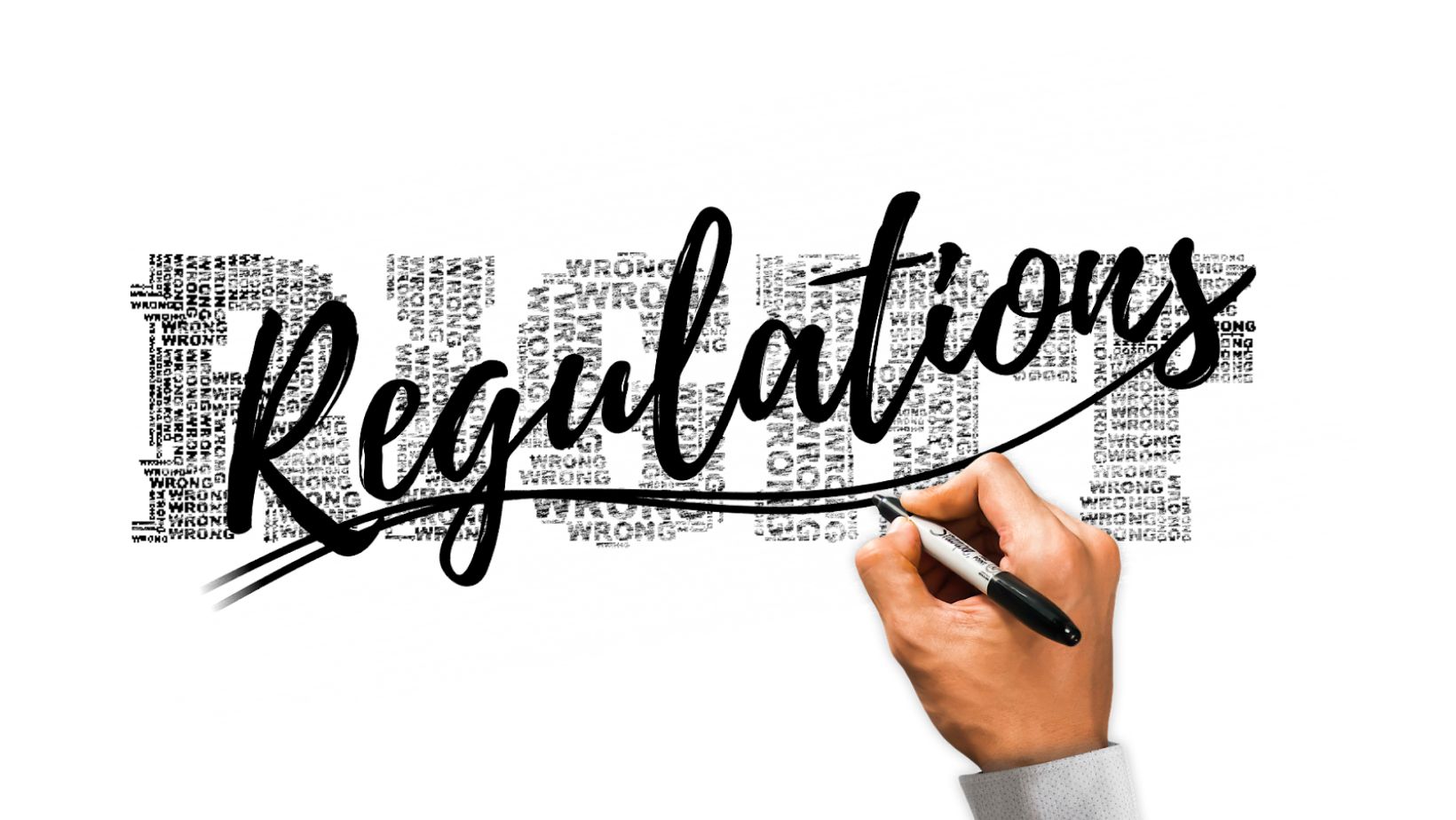5 Important Insights On How Policies And Standards Shape Compliance

Compliance is integral to every organization’s operations because it affects responsiveness and efficiency in handling cybersecurity threats. Legal, IT, privacy, and cybersecurity professionals usually overlook critical cybersecurity documentation terminologies. Some assume standards and policies are the same, while they are different and address different compliance aspects.
Those inaccuracies have ripple effects on your organization, impacting how departments align cybersecurity measures with operational, legal, and privacy requirements. The article below offers in-depth information on the difference between the two terms and their implications. You will discover insights illuminating how policies and standards enable effective cybersecurity compliance.
Standards and Policies Serve Diverse Roles
Standards and policies are fundamental tools for shaping an organization’s cybersecurity compliance framework. However, they serve distinct and complementary roles to optimize a company’s compliance. Differentiating policy vs standard in business operations directs companies to avoid legal and ethical threats. It helps your leadership direct your company toward long-term compliance success.

Standards are complementary accessories enabling the transition of policies into enforceable and measurable criteria. Standards detail the how and when of compliance, ensuring a more actionable and consistent approach to implementation. Companies need this alignment to ensure accountability, mitigate risks, and achieve organizational objectives within stipulated regulatory frameworks.
Correct Terminology is Critical
Cybersecurity, IT, legal, and privacy teams must use correct terminology to maintain clarity and effectiveness in cybersecurity compliance efforts. The two terms have different meanings and carry distinct weights in cybersecurity compliance. Conflating or misusing the terms usually confuses stakeholders, causing gaps in compliance and inconsistent practices. Those mix-ups can penetrate different departments and sectors, undermining the alignment between everyday operations and strategic goals.
Organizations want to ensure their teams are on the same page when applying these terms for clear and actionable cybersecurity documentation. The high-level precision guarantees effective communication and facilitates the effortless development of robust internal controls. Differentiating standards and policies and implementing them accordingly can strengthen your company’s compliance posture. Also, it can uphold your operational integrity and aid with risk mitigation in today’s ever-evolving cybersecurity landscape.
Uniform Application of Compliance Efforts
Many organizations rarely uncover and address cybersecurity and data privacy issues because of insufficiently structured frameworks. Ineffective vulnerability databases and strategies create room for errors and mistakes to occur. They allow security threats to strike in the most unexpected instances, leaving extensive damages. Establishing reliable policies and strategies creates a streamlined and structured database. They give you the tools and resources to make effective decisions to address risks as they arise.

It streamlines and aligns the processes and procedures required to achieve compliance. Also, they allow your business to underscore and deploy effective compliance measures uniformly across different business functions and locations.
Fosters Accountability
Everybody in your organization should play their roles accordingly to achieve effective compliance. These guidelines enable every team member to follow legal and procedural guidelines. The approach requires a prior understanding of the same. Employees deserve to know their responsibilities in meeting compliance. For instance, policies tell employees the importance of safeguarding client data, while standards explain the best approaches. Such helpful information ensures everyone knows their designated roles in keeping a company compliant.
Role definition educates people on their expected roles to meet compliance. That holds them accountable for their actions and decisions in helping companies achieve compliance. All these ensure you track critical details in achieving legal and ethical compliance.
Ensures Alignment with Regulations
Government and regulatory bodies set rules for businesses to abide by to meet minimal regulatory compliance. Companies should devise and deploy policies promising to do so per these regulatory requirements. Standards provide the database and resources to help organizations meet compliance by observing those steps and strategies. Standards outline critical steps like training workers and using secure systems.

Companies that do things per law and regulations can avoid legal and compliance risks. They operate smoothly, earning more respect and credit from regulators and customers. You understand that a good reputation can shape your business image and establish you as an authority.
Wrapping Up
Policies and standards are complementary requirements for companies wanting to operate without ethical and legal problems. They help your company run in a way that meets all standards and compliance requirements. Policies outline what to do to be on the correct pathway to compliance, while standards mention the steps to follow. The structured approach helps companies to avoid penalties and establish trust among clients and regulators. Also, it promotes accountability and teamwork.

 QR Codes and the Technology Driving Smarter Customer Journeys
QR Codes and the Technology Driving Smarter Customer Journeys  If AI Is the New Search Engine, Your Content Needs to Evolve
If AI Is the New Search Engine, Your Content Needs to Evolve  How Much Does Minecraft for Nintendo Switch Cost and What’s Included
How Much Does Minecraft for Nintendo Switch Cost and What’s Included